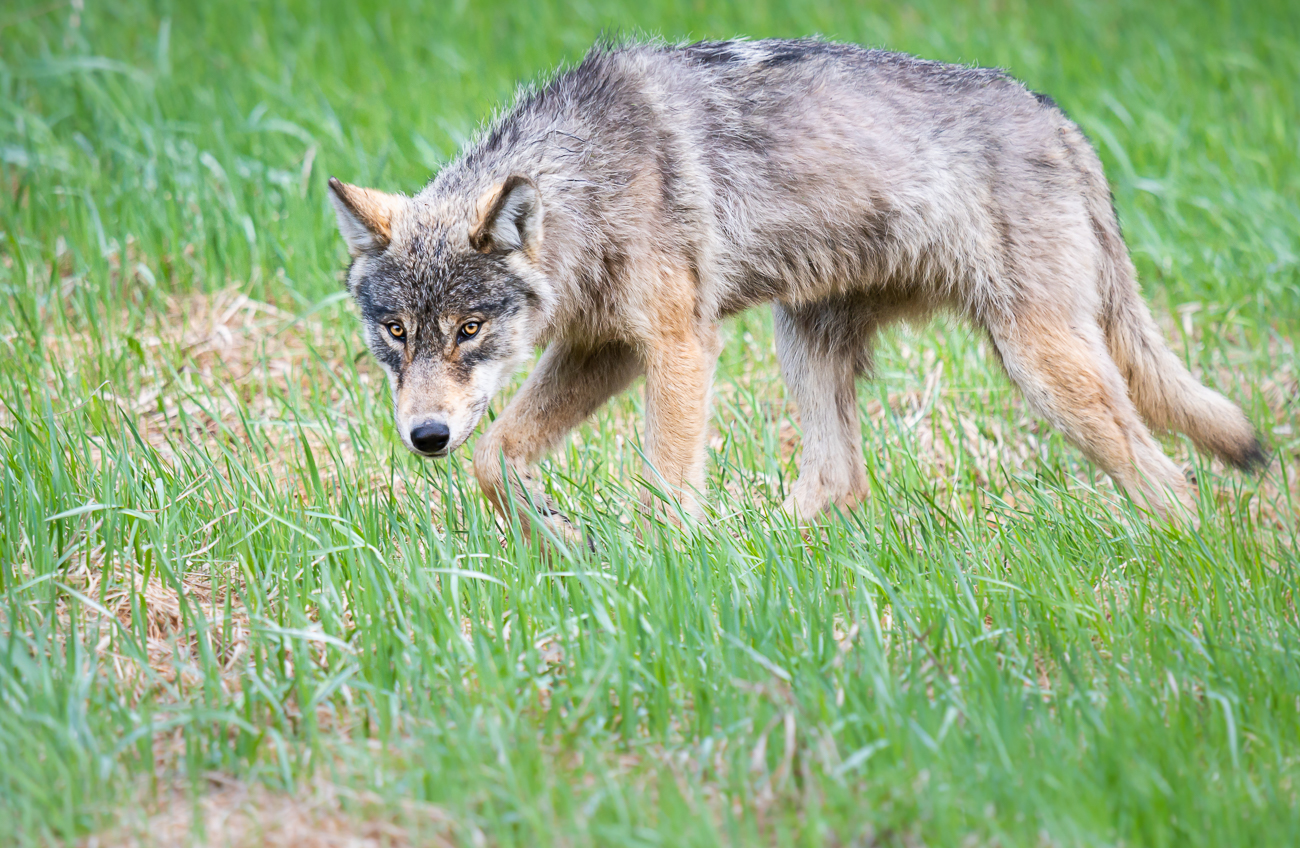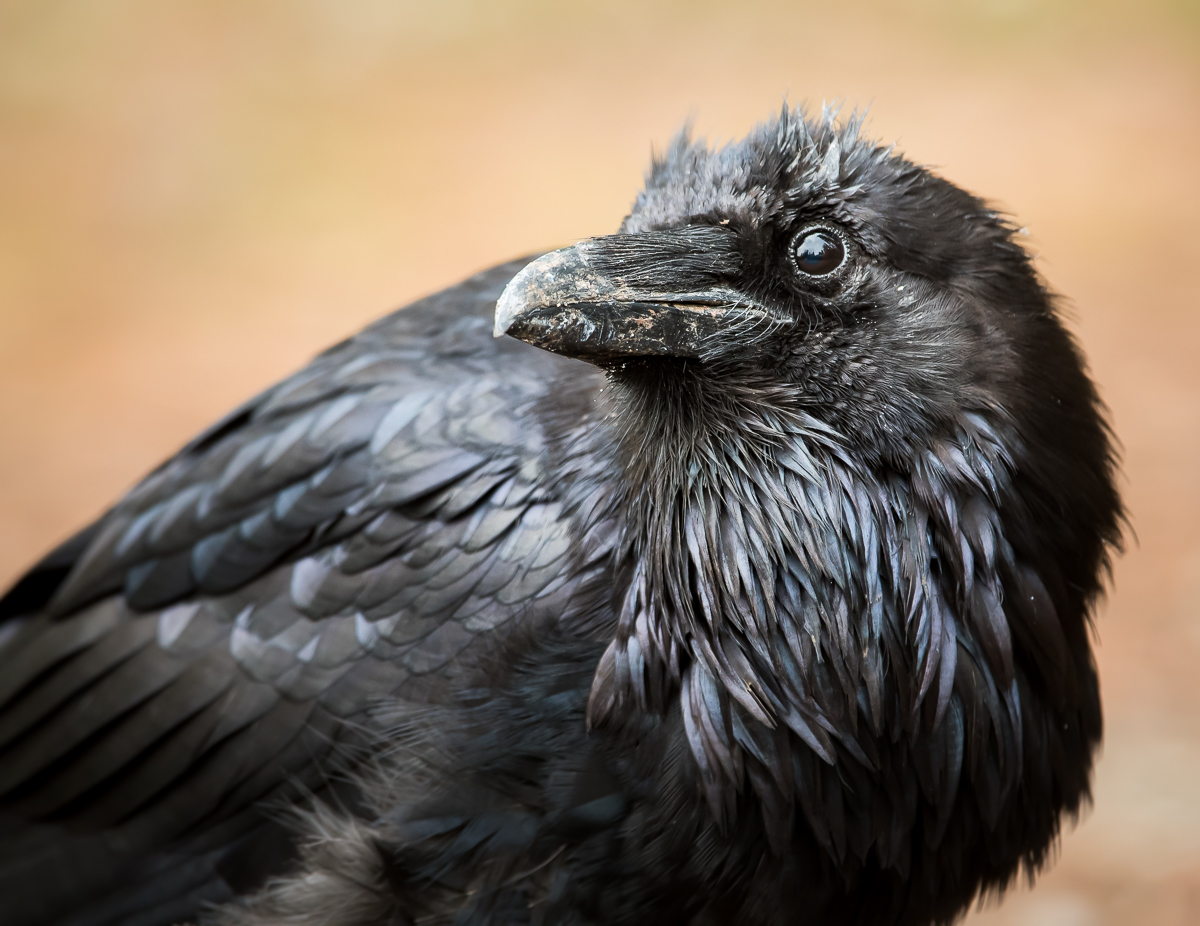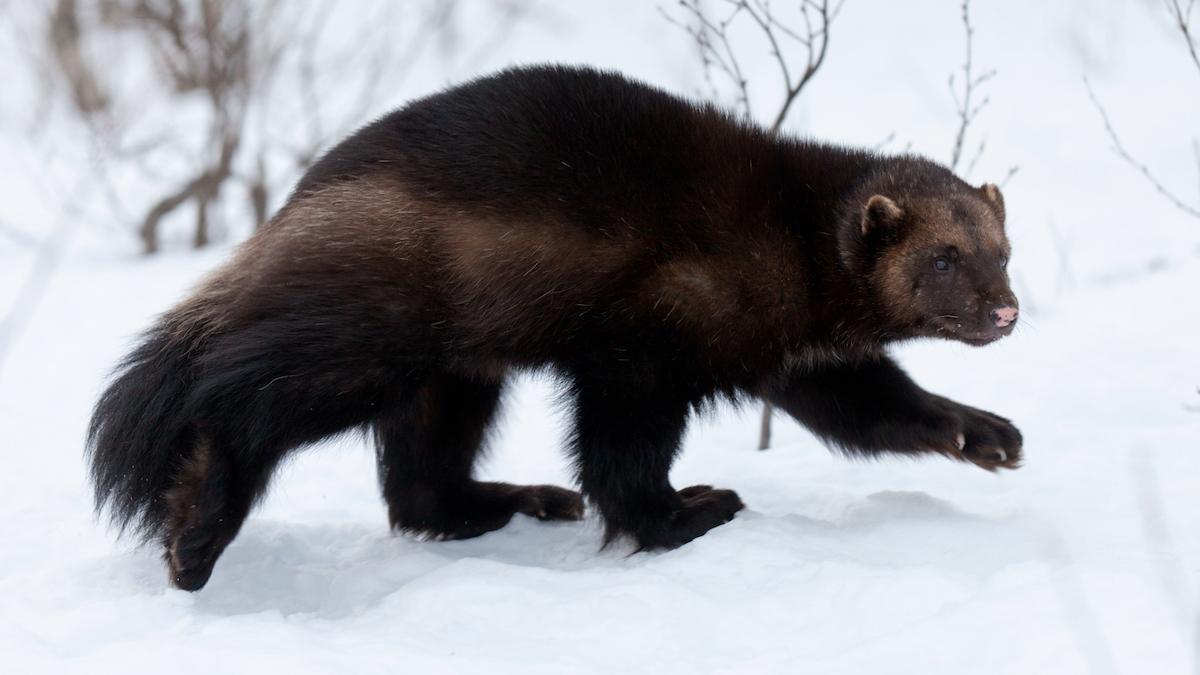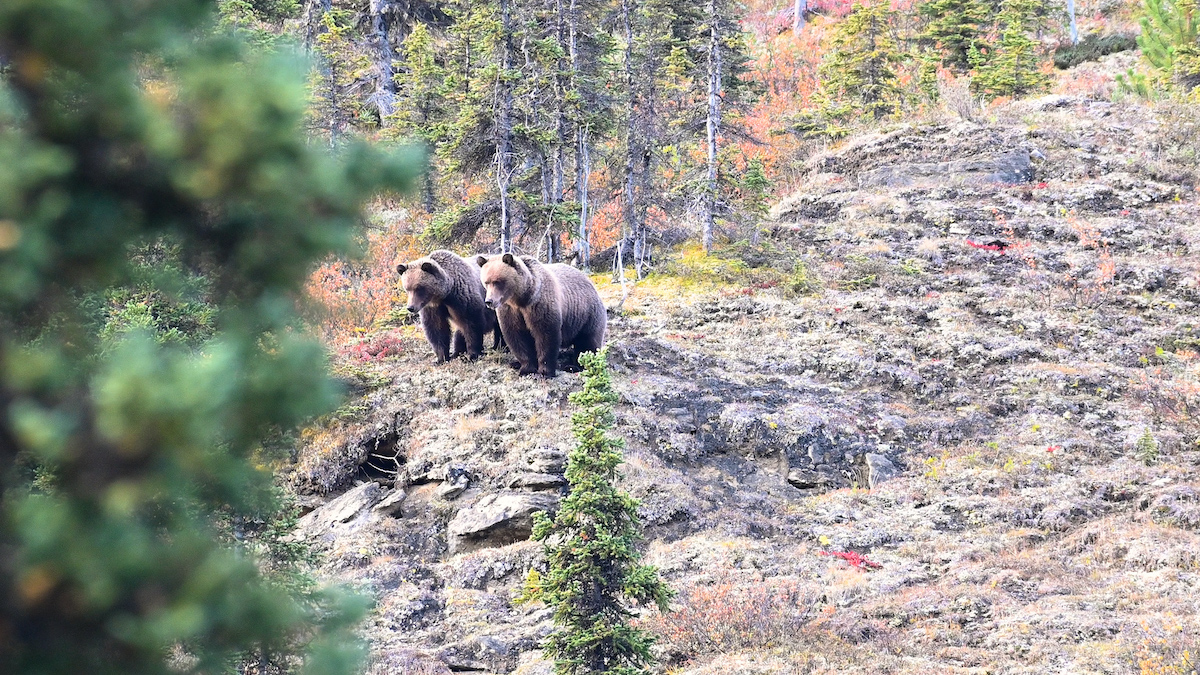We Don’t Know What We Don’t Know
Chapter Three
 Our two grizzly siblings? They weren’t born in Mount Robson.
Our two grizzly siblings? They weren’t born in Mount Robson.
To make this place their home, they couldn’t just look around, find no Chocolate – no large, male grizzly ruler of this land – and say, ‘Great! this is going to work out perfectly!’
Why?
Because whether you’re a person or a bear, that first impulse isn’t always the right one. To get the right answer, we always need to dig deeper.
How so?
Well, for starters, when these two bears arrived on the scene, it’s not like the place was void of life. Which is good!
If you haven’t already heard, variety is the spice of life. Well, the spice and the actual foundation of life. Like, no one lives without diversity. It’s what ensures biological diversity, which is what sustains us all.
 This lone wolf? Well, despite popular myth, lone wolves really aren’t a thing. They’re just lonely, love-lost canids, wandering around until they can find a pack. Which means if he doesn’t already have a pack, he’s pretty set on creating one. Soon. In the same landscape our two bears want to call home.
This lone wolf? Well, despite popular myth, lone wolves really aren’t a thing. They’re just lonely, love-lost canids, wandering around until they can find a pack. Which means if he doesn’t already have a pack, he’s pretty set on creating one. Soon. In the same landscape our two bears want to call home.
Now, technically, these bears might have the upper hand. They are grizzlies. If they want this territory, they should be able to darn well take it, right?
Well…
A grizzly could take a meal from a wolf, but a wolf pack? I mean, sure. But do they really want the hassle and the burned calories of taking on a wolf pack? And there is no guarantee of victory.
Plus, the wolves get this place – they’ve earned their place in this society because, well, they were here first. And the wolves weren’t – and aren’t – voluntarily giving up their place within the landscape just because these two want it, you know?
As such, even without competition from Chocolate, for our two bears to make this place home, they had to find a way to work and live with the wolves and their allies.
That’s right: Wolves have allies. Everyone does. I mean, no one goes to a carcass fight alone. Or they shouldn’t. Fights never end well for anyone.
 Ravens, you see, will often spot available food – you know, because they have the power of flight – and then work to find wolves and bring them to a carcass. Ravens struggle to access hard to reach meat – the downside of wings! – but if they invite a few wolves to the party, food is suddenly more accessible. And the wolves tolerate the ravens because, well, they shared. Plus, ravens are helpful when, say, these two bears show up – nothing distracts a bear more than a raven flapping in its face.
Ravens, you see, will often spot available food – you know, because they have the power of flight – and then work to find wolves and bring them to a carcass. Ravens struggle to access hard to reach meat – the downside of wings! – but if they invite a few wolves to the party, food is suddenly more accessible. And the wolves tolerate the ravens because, well, they shared. Plus, ravens are helpful when, say, these two bears show up – nothing distracts a bear more than a raven flapping in its face.
See? A nice symbiotic relationship, if you’re a wolf or a raven. But it’s a relationship our bears must learn, understand and work around if they also want in on the carcass and don’t want a costly fight.
Oh! And did I mention wolves have complex societies that don’t really have alpha males and females, but are structured more like a family clan that, in times of food scarcity, might require multiple families to work together in a larger pack, furthering complicating already complicated decision-making processes?
Yeah, that’s a thing.
Not that bears really need to understand it, but they’d be well advised to know that the ‘lone’ wolf isn’t acting on its own accord. Capiche?
Now, given all of that, if you’re our two bears, you’re probably getting super frustrated because all you really wanted was to find yourself a nice, new home. Why is everything so hard around here?!
The sibling grizzlies could have said: ‘Stuff this’, and walked further up the mountainside, away from the wolves.
But…there’s not much food in the high lonely and if they wanted to make the alpine their exclusive home, then they’d have to deal with this:

It’s like a Tasmanian Devil on steroid. And then some. Trust me, Hugh Jackman has never had bleep on the real wolverine.
And though you might look at this cantankerous member of the mustelid, or weasel, family and think: ‘What’s the big deal? They’re tiny!’ You forget that they’re also sneaky effective at climbing up trees and jumping on the necks of prey – and competitors – and cutting their heads off. And though this is a super unlikely outcome, no one wants to lose their head – right, French aristocrats? So, on balance, for our two bears, maybe getting along with the wolves isn’t such a bad idea.
All of which is to say, there are problems we know we need to understand – is there a male grizzly that occupies this range? – and then there are problems we don’t know we don’t know. Wolves! Alliances with ravens! Wolverine decapitators! Which makes decision making tough and asking the right questions to get at the right answer even harder.
It’s why sometimes we just want to avoid the hard questions that lead to even bigger questions. Sometimes we just want to be naïve.
Until we find ourselves with a wolverine on our neck.
Metaphorically, of course.
Bad metaphor? Okay, how about this:
Imagine having to solve a problem like renaming a baseball team that, for too long, had an unfortunate, racist name. The good news is you have a better name: The Guardians. You do a quick Google search to see if any other Cleveland major league baseball team is using this name and, after looking at the first item in the search, which gives you the answer you want to hear, you’re like: ‘Job done!’ Which might make you feel great about finally shedding that former racist team name, until you realize if you asked the Google Overlords a slightly better question – say, are any other Cleveland sports teams using the name Guardians – you might have discovered a roller derby team named the Guardians. And maybe your first reaction is: ‘Whatever, no biggie! I’ve got way more cash and power!’ Until you realize you should never underestimate the moxie of a roller derby team and that by not asking the bigger, fuller, better, harder question, your wallet is a lot lighter as a result.

Oops!
So, don’t be the Guardians, okay?
Whether we’re trying to create a park, build a ski resort or generally advocate for any type of public policy, our first question? It probably wasn’t the only question – the bigger question, the better question – we need to ask if our goal is advancing an idea that will endure.
